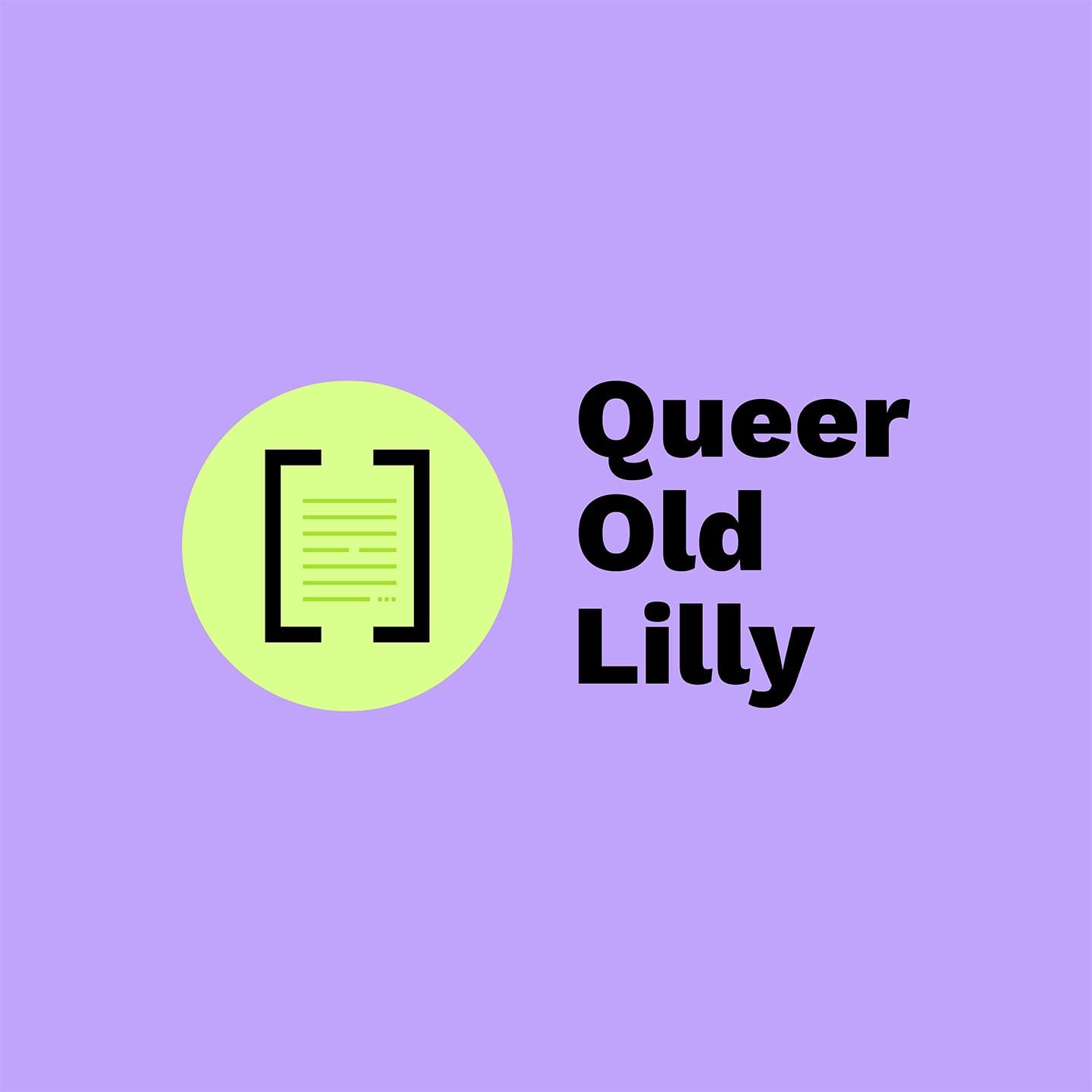When I was in my 30s and 40s, I took elections very seriously, but when they were over, I tuned out and went on with daily life. We had fought for and won healthcare rights for women. So that was a done deal. We would never get marriage equality. That wasn’t even on my wish list. But as more and more prominent people came out, and as more and more ordinary queers came out to their friends and family, a measurable change in public opinion slowly shifted in our favor. So that was a good thing happening. But through it all, it never occurred to me to give credit for the positive changes to politicians. It never occurred to me that politicians did anything that affected my life.
I wonder if that is true for kids today.
So I took to Facebook to see if younger generations are paying attention. I know FB is not their platform of choice. It’s not even mine. But it made sense at the time, which was the wee hours of the morning. I managed to connect with a few that were open to an old fart like me asking questions about thier lives.
Here’s what my woefully small and inadequate research told me:
For one, it’s easy to assume younger people aren’t watching what’s happening in the world. They’re busy. Distracted. Glued to their phones. To me, it has always looked like indifference.
But as a few communicated directly with me, I found something else entirely: I found people who are deeply aware, deeply affected, and trying to stay afloat in a sea of noise, fear, and disinformation.
“I’m aware of everything, all the time—and I’m exhausted by it,” said Mira, 33, a graphic designer in Los Angeles. “It feels like if I stop paying attention, I’m being irresponsible. But if I keep watching, I can’t breathe.”
Mira has carved out small practices to cope—five minutes of news a day, followed by artmaking and a list of tangible actions she can take. Nothing flashy. Just deliberate, sustaining choices.
For others, humor is a shield.
“I joke about the world ending, but I’m also prepping gardens, supporting abortion funds, and voting in every election,” said Tyler, 38, a bartender and writer in Austin. “The memes are a coping mechanism.”
His feed may be full of snark and sarcasm, but his life isn’t. Tyler helps organize tenant actions and donates time to a queer mutual aid group. It’s not apathy—it’s strategy. For many, irony is the only language that makes the chaos bearable.
And then there are those navigating this moment with kids in tow.
“I look at my kids and think—what the hell did we bring them into?” said Nadia, 36, a teacher and mother in Chicago. “But then I think, maybe I’m raising the ones who’ll fix it.”
She sees her students reading banned books, asking hard questions, organizing walkouts. She sees resilience in tiny forms. She holds onto that.
There’s also a quiet resistance in creativity.
“I can’t fix the world, but I can make something beautiful,” said Jules, 34, a printmaker in Oakland. “I think that counts.”
Jules’ art is full of bold colors and protest shapes—art that speaks when words fail. “People underestimate how healing it is to see your anger or your longing reflected back at you,” she said.
So yes, they’re paying attention. They’re just doing it differently. With limits. With laughter. With gardens and group chats, art and action, burn-out and bravery all tangled together.
Maybe the better question isn’t are they paying attention—but how are they surviving it?
Because they are. And that helps me to as well.
#QueerVoices #MillennialReality #CreativeResistance #PayingAttention #HopeInChaos
